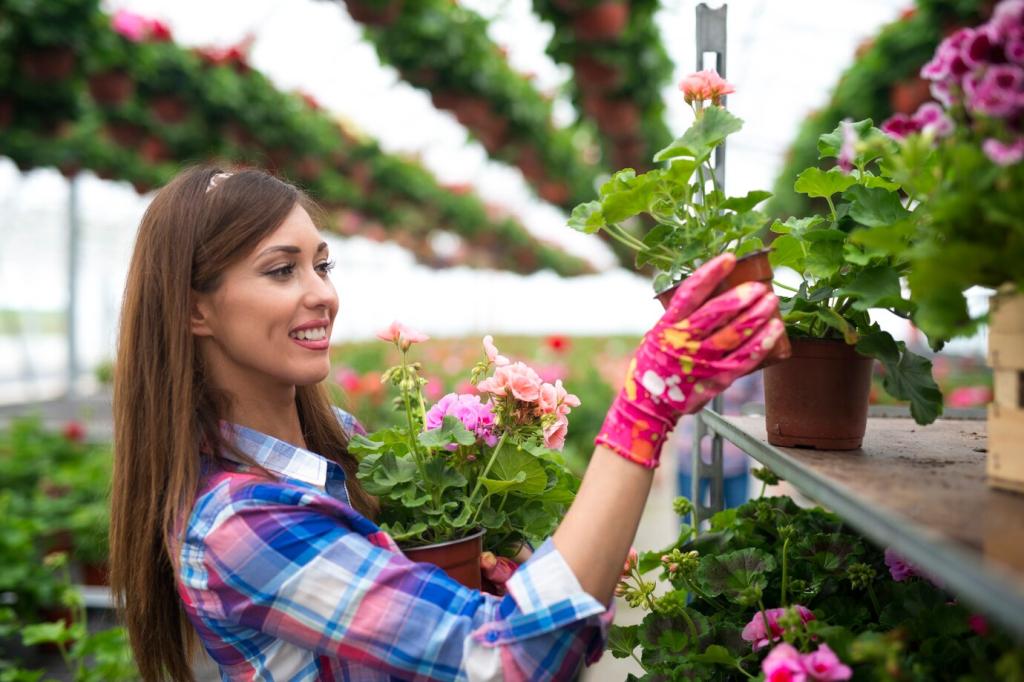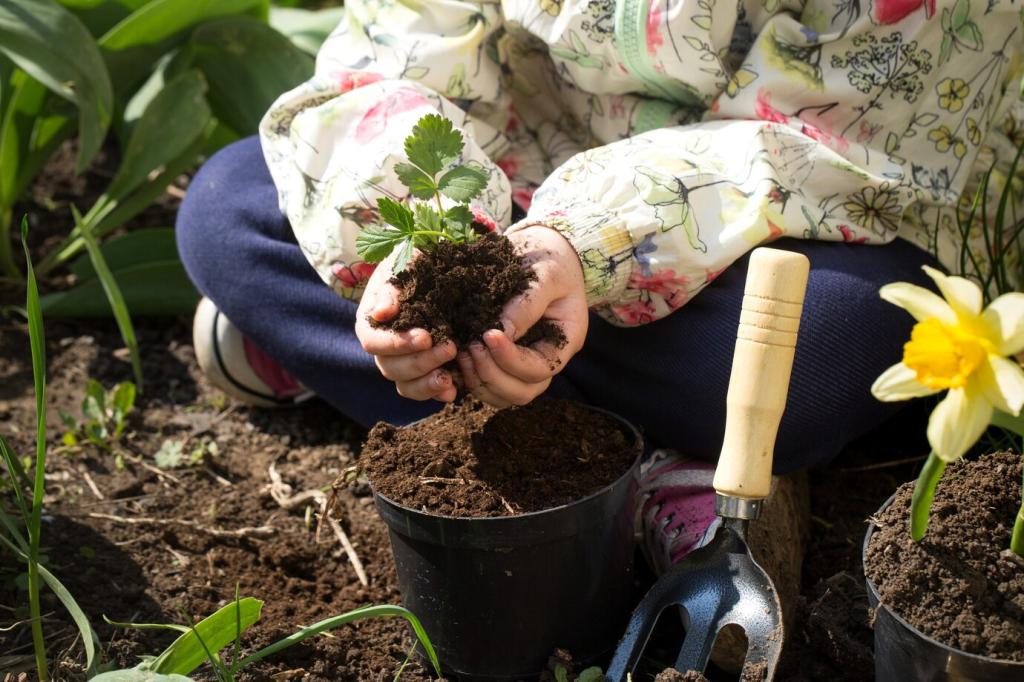Smart Irrigation Systems for City Gardens
Smart irrigation systems are transforming the way urban environments manage water resources, helping city gardens flourish while conserving precious supplies. By integrating advanced technologies such as sensors, automation, and real-time data analysis, these systems ensure green spaces remain healthy with significantly less waste. As cities grow and environmental concerns mount, adopting smart irrigation is becoming essential for sustainable urban living. These solutions are not only practical but also imperative for promoting ecological balance and improving the quality of life in our concrete landscapes.

The Need for Smart Irrigation in Urban Gardens
Water scarcity is a pressing issue in cities worldwide as infrastructure strains to support growing populations. Urban gardens, ranging from small community parks to rooftop oases, contribute to the wellbeing of city dwellers but often suffer from inefficient watering practices. Smart irrigation systems play a pivotal role by optimizing usage, ensuring that each drop serves a purpose and that gardens receive neither too much nor too little hydration. Their importance is magnified in areas prone to drought, where every effort to conserve water translates to direct environmental and economic benefits.
Sensor Technology
Key to any smart irrigation system are soil moisture and environmental sensors strategically placed throughout the garden. These sensors continuously monitor parameters such as humidity, temperature, and moisture levels, providing data that forms the basis for irrigation decisions. The system responds in real-time, activating watering only when necessary, thereby reducing the risk of over or under-watering. This immediate feedback loop not only conserves water but also supports more resilient plant growth.
Automated Controls
Automation distinguishes smart irrigation from manual systems, allowing remote or scheduled operation with minimal human intervention. Using programmable controllers, garden managers can set precise irrigation routines based on plant needs and seasonal changes. These controllers often connect to weather forecasts, automatically adjusting schedules when rain is predicted or during drought conditions. This level of automation ensures that city gardens remain lush and healthy, even in periods of rapid environmental change or human oversight.
Data-Driven Scheduling
Advanced smart irrigation systems harness big data to inform watering practices. They analyze historical climate data, real-time weather inputs, and plant-specific requirements to create efficient irrigation schedules. This data-driven approach ensures that each zone within a city garden receives tailored attention, maximizing growth while minimizing resource use. Through continuous learning, these systems become more effective over time, adapting to the evolving conditions of urban environments.
Previous slide
Next slide


Water Conservation
One of the most significant advantages of smart irrigation is its capacity to significantly reduce water usage. By monitoring actual environmental conditions and plant needs, these systems eliminate unnecessary watering cycles. This sharp reduction in water waste directly supports city-wide resource conservation efforts, helping municipalities meet sustainability targets and avoid costly penalties during drought or water shortages. Over time, the savings accrue, making smart irrigation a cost-effective investment for city gardens of all sizes.
Plant Health and Growth
Consistent and precise watering leads to healthier, more robust plants. Smart irrigation ensures that each part of a city garden receives optimal hydration, which minimizes plant stress and enhances resilience against pests and diseases. Healthier plants contribute to greater biodiversity, improved food yields in urban agriculture projects, and more visually pleasing green spaces. The increased vigor and longevity of plants translate to less frequent replanting and lower maintenance costs.
Operational Efficiency
Managing city gardens can be labor-intensive and time-consuming, especially when relying on traditional irrigation methods. Smart irrigation automates much of this work, freeing up staff to focus on other critical tasks. Remote control and monitoring capabilities mean that potential issues can be addressed swiftly, minimizing disruption to garden operations. This improved efficiency not only reduces operating costs but also enables city councils and organizations to manage larger or multiple garden spaces with ease.
